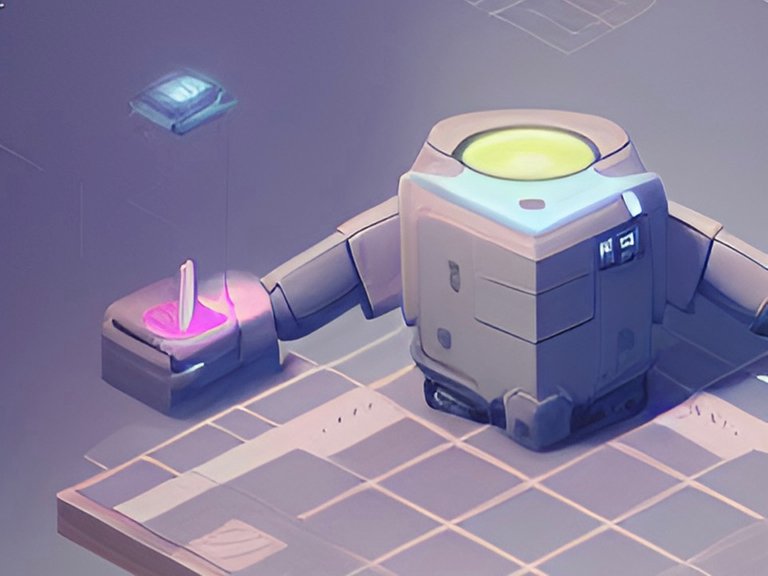
A good economics education in childhood can include the following components:
Understanding basic economic concepts such as scarcity, supply and demand, goods and services, and the role of money.
Learning how to budget, save, and make informed purchasing decisions.
Analyzing real-life economic scenarios and their impact on individuals and communities.
Understanding the concepts of entrepreneurship, trade, and globalization.
Understanding the importance of saving and investing for the future.
Learning the history and evolution of economic systems.
Discussing current economic events and their impact on the global economy.
Encouraging critical thinking and problem-solving skills through economic simulations and hands-on activities.